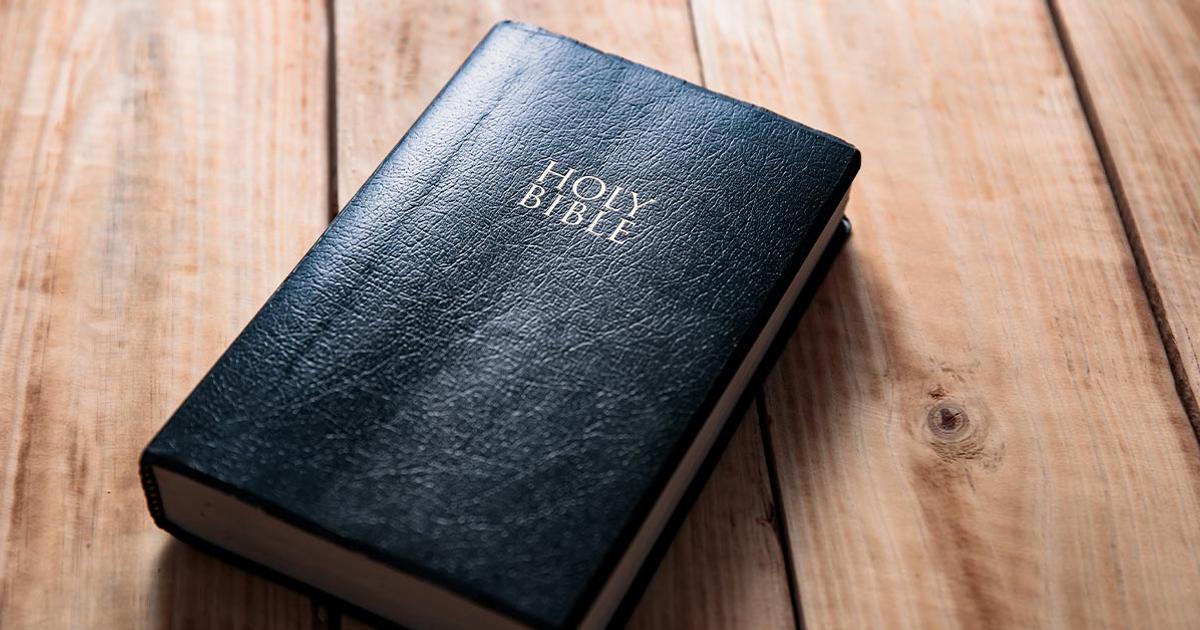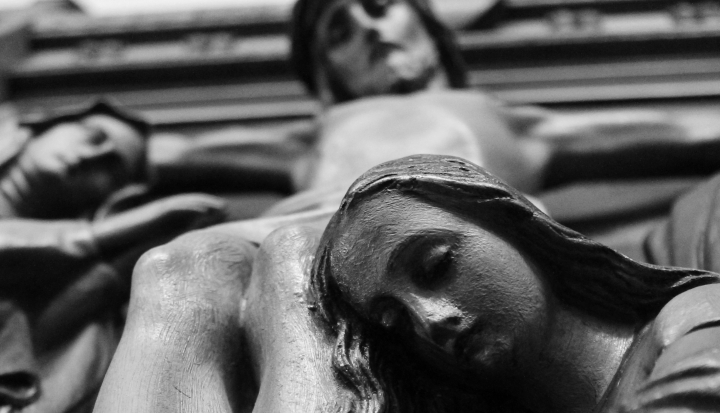ZenMode
Well-known member
"A record-low 20% of Americans now say the Bible is the literal word of God, "The Air India crash with a single survivor or, years ago, the Japan Air crash also with four survivors and 520 dead, are considered by some to be "miracles". Trump not getting his head blown off in Butler, PA while another man did get his head blown off is claimed to be a miracle....at least for Trump.
IMO, all the events are within the realm of probability, not magic AKA miracles AKA supernatural phenomenon.
The Trinity thing is a part of modern Christianity, but IIRC, wasn't formulated until 300 years after the Crucifixion. Like myself, many Americans believe the Bible is "inspired" by God. I'd add the same to other ancient religious texts from around the world. Wisdom is wisdom regardless of the source. It's separating out the dogma that's the problem.
The aircraft, featuring a high-density seating configuration, was carrying 524 people. The crash killed all 15 crew members and 505 of the 509 passengers on board, leaving only four survivors. An estimated 20 to 50 passengers survived the initial crash, but died from their injuries while awaiting rescue. The crash is the deadliest single-aircraft accident in aviation history[1] and remains the deadliest aviation incident in Japan
Japan Air Lines Flight 123 - Wikipedia
en.wikipedia.org
A record-low 20% of Americans now say the Bible is the literal word of God, down from 24% the last time the question was asked in 2017, and half of what it was at its high points in 1980 and 1984. Meanwhile, a new high of 29% say the Bible is a collection of "fables, legends, history and moral precepts recorded by man." This marks the first time significantly more Americans have viewed the Bible as not divinely inspired than as the literal word of God. The largest percentage, 49%, choose the middle alternative, roughly in line with where it has been in previous years.
Fewer in U.S. Now See Bible as Literal Word of God
Coinciding with a general decline in religiosity in the U.S., a record-low 20% of Americans now say they believe the Bible is literally true.news.gallup.com
Anyone who believes the Bible was literally written by an all-knowing being, needs to seek help....or has never actually read it.


